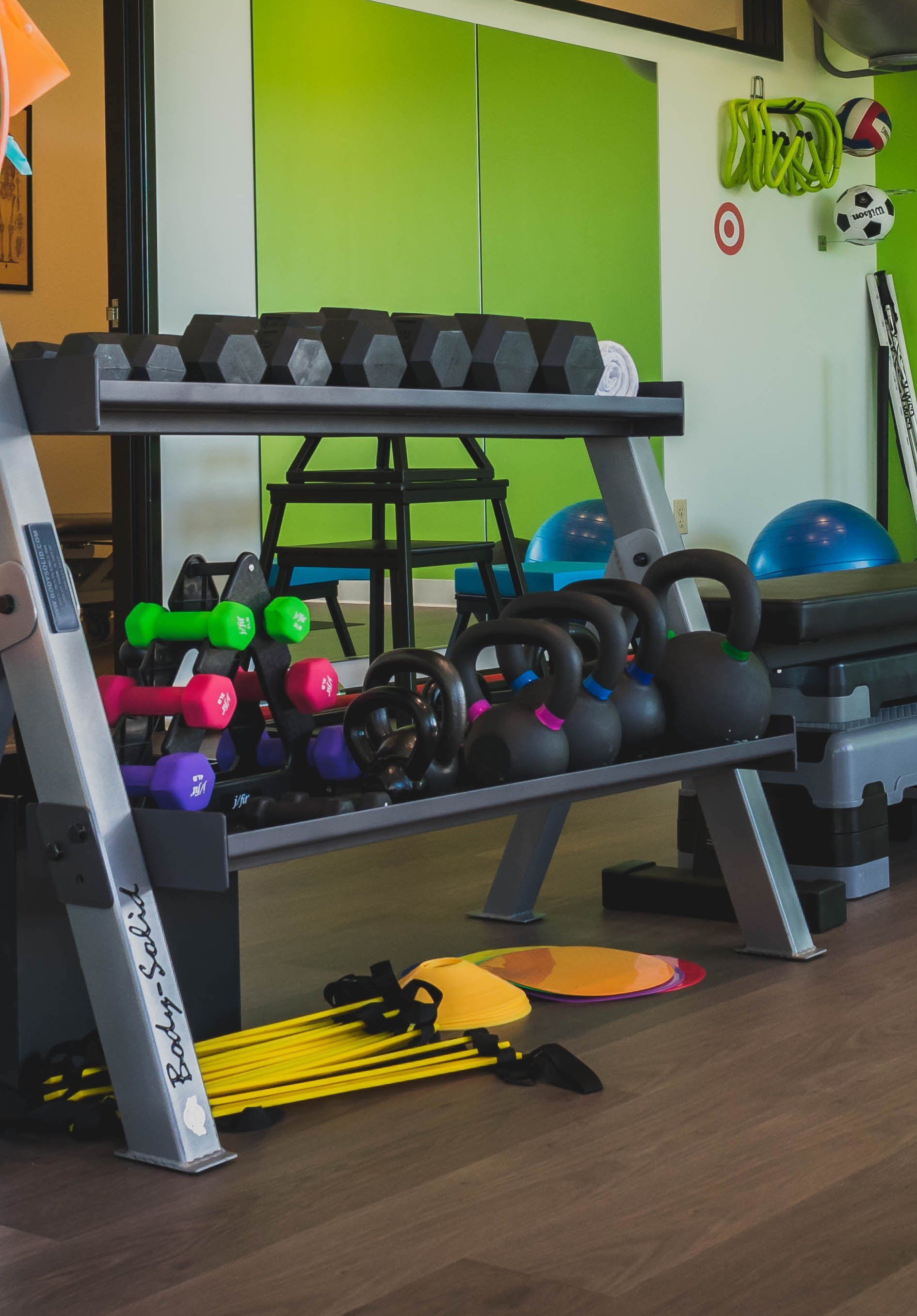Medial Tibial Stress Syndrome
Medial Tibial Stress Syndrome:
Shin Splints, Causes and Treatment Options
Medial tibial stress syndrome has long been referred to as “shin splints” due to the symptom location along the shinbone (tibia). It has been suggested that stress to the soft tissue (muscles and other connective tissue) deep behind the shinbone have been the source of pain. However, more recent studies have suggested that symptoms may be related to an imbalance between bone resorption and bone formation. Basically more bone is being reabsorbed than being created do to high levels of stress and activity along the shinbone.
Common amongst runners and military personal it is estimated that approximately 35% of active individuals may experience shin splints.
What Are The Causes Of Shin Splints?
-
Increased pronation or flattening of the arch of the foot
-
Those with an excessive arch or high arch foot type are more susceptible to shin splints
-
Elevated BMI, but this is not a consistent risk factor
-
Training errors or overuse/under recovery type issues
-
Gender: women typically experience shin splints more often than men
What Are The Symptoms Of Shin Splints?
-
Point tenderness along the medial aspect of the shin bone
-
Ache during and after activity. The amount of pain and time to settle after activity has stopped is dependent on how irritable the condition is
-
Pain may worsen as activity continues
-
Pain with activities that place greater stress to the tibia such as running, repetitive jumping sports, such as volleyball and basketball
How Physical Therapy Can Help Shin Splints:
A physical therapist will determine the extent of your shin splints and will create an active recovery plan to treat your shin splints. Your recovery plan will be specific to where you are in the recovery process and the extent of the injury.
Your physical therapist may recommend:
Progression of movements is quality based- as you demonstrate greater competency and capacity to do the movements they need to be progressively more challenging
-
Modalities such as ice, heat, and/or compression for short term pain relief
-
Manual therapy to mobilize stiffness in the ankle/foot complex and other related tissues
-
Strengthening for specific weakness of the ankle/foot complex as noted during examination
-
Progressive return to activities with graded exposure
-
Specific exercises to hips, core, and lower extremities as indicated based upon examination findings
Every individual and every episode of medial tibial stress syndrome is very unique. The treatment suggestions listed above include several options to try and see how they may improve your situation.
In addition, a thorough evaluation by a physical therapist can help identify specific features about your condition and how to best manage them. Understanding as much as possible about your current condition is a very important aspect of the recovery process and will empower you to take the necessary steps to get back to your normal activities with as little discomfort as possible.
